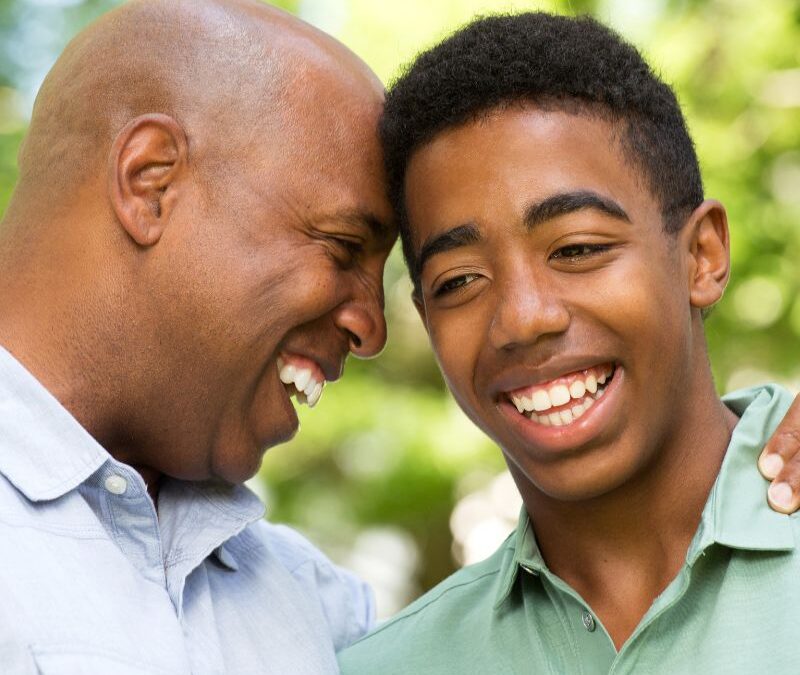As children mature into adolescence, both kids and parents have to adapt. Puberty can be an exciting yet challenging transition. With education, openness and empathy, you can guide your teen through this important developmental phase.
Here are some ideas for how to guide your teens through puberty and support their transition into adulthood:
Have Ongoing Conversations
Don’t just have “the talk” once and assume you’re done with all they need to know about growing into an adult. Their bodies are changing, and hormones are likely raging. They need to understand what they may be feeling.
Keep checking in and providing age-appropriate information as changes occur over time. Make discussions about puberty routine not taboo.
Validate Their Feelings
Puberty involves big emotions like awkwardness, insecurity and moodiness. Avoid belittling these feelings. Listen, relate stories of your own puberty struggles, and offer reassurance.
Equip Them with Facts
Give them books, pamphlets and other resources so they learn the science behind their changing body and feelings. Outline what to expect so they feel prepared.
Respect Their Privacy
As they develop independence, allow privacy around personal care and alone time. For example, knock before entering their room. Don’t pry about crushes and other sensitive topics. Let them come to you. And, be there for them when they do!
Help Them Make Healthy Choices
Puberty sparks new interest in risky behaviors. Have open discussions about peer pressure, drug and alcohol use, boundaries with romantic partners, and consent.
Encourage Healthy Habits
Reinforce good sleep, nutrition and exercise habits to help them manage puberty symptoms like growth spurts, acne and mood swings. It’s important to be a role model for them during this time as well. So, if you’re not taking care of yourself with healthy habits yet, now is a great time to start.
Know When To Seek Help
Consult a doctor if worrisome issues persist like severe acne, extreme weight changes or excessive moodiness. It may be a good idea to seek support services at school if needed as well. However, don’t just make appointments and abrupt changes to their routine and life without letting your child know what you are considering. If they feel embarrassed or scared, they may be less likely to come to you for help in the future.
Celebrate Milestones
Mark first signs of maturity like periods and voice changes as positive milestones, not as embarrassing mishaps. Share excitement over their developing independence!
With a foundation of trust and openness, you can smooth the ups and downs of adolescence. Provide facts, empathy and support to successfully guide your teen into puberty and beyond!
Hammond Psychology and Associates is the go-to resource for residents seeking psychological evaluations from a licensed psychologist in the Tampa Bay area. Click here to learn more about our Psychological Testing services in our Brandon location.

